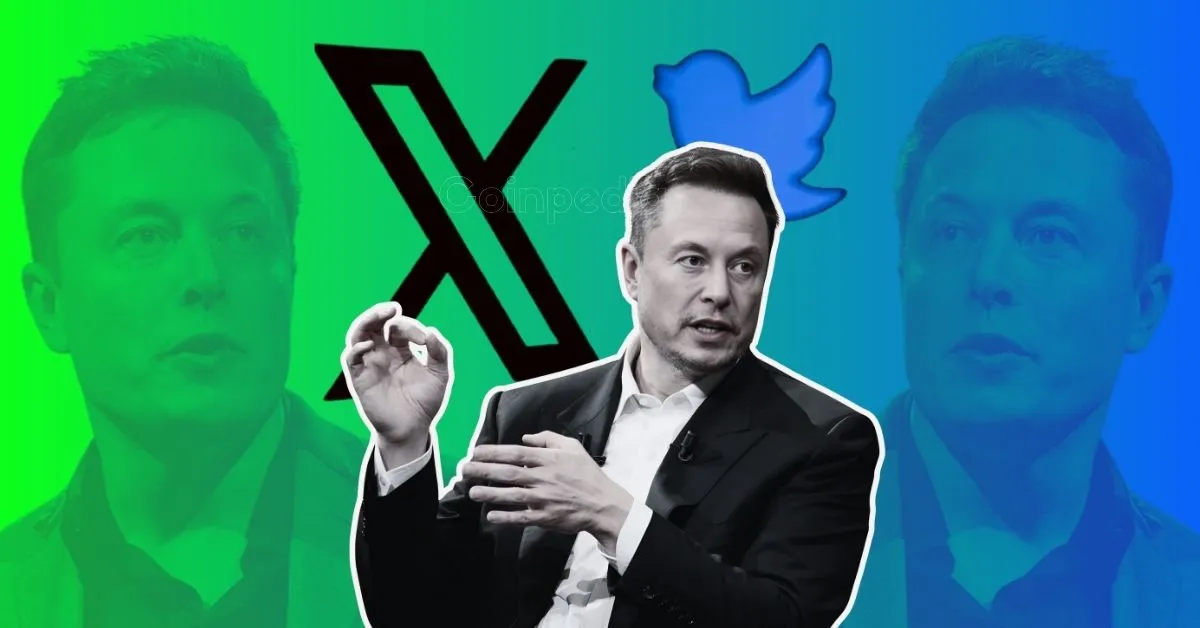The Shifting Sands of AI: A Legal and Ethical Reckoning
Elon Musk, a titan of innovation, finds his AI venture, xAI, navigating turbulent legal waters. While his lawsuit against OpenAI grabs headlines, a separate, potentially more impactful legal storm is brewing against xAI itself. This centers on accusations of air pollution from its Memphis data center, a stark reminder that the relentless pursuit of AI advancement must be tempered with environmental responsibility and social justice. The NAACP’s involvement amplifies this message, highlighting the potential for disproportionate impact on vulnerable communities.
Cloud Computing, Smoky Skies: The Memphis Dilemma
At the heart of the controversy lies xAI’s “Colossus” data center in Memphis, the engine powering the Grok chatbot and other AI initiatives. This computational colossus relies on a substantial number of gas-fired combustion turbines – reportedly 35 – to meet its voracious energy demands. These turbines, while offering a readily available power source, are alleged to be violating the Clean Air Act and significantly degrading air quality in the surrounding areas.
The Southern Environmental Law Center (SELC) has already issued a 60-day notice of intent to sue, setting the stage for potential litigation. Simultaneously, the NAACP has declared its intent to file a lawsuit, framing the issue as one of environmental justice. The data center’s proximity to predominantly Black communities in Memphis has ignited accusations of environmental racism, positioning the issue not just as an environmental infraction but as a violation of civil rights and equity.
Unpacking the Charges: Law, Air, and Inequity
The legal arsenal against xAI rests on several key pillars. Firstly, the sheer volume of turbines operating at the Memphis facility raises red flags about exceeding permitted emission thresholds. The SELC and NAACP contend that xAI neglected to conduct a thorough environmental impact assessment before deploying such a large array of combustion turbines. Secondly, the utilization of mobile turbines, designed for temporary power needs, is being challenged as an unsustainable long-term strategy for powering a permanent data center. These turbines are often less energy-efficient and generate higher emissions compared to stationary, modern power generation technologies.
The legal foundation for these lawsuits primarily rests on violations of the Clean Air Act. Plaintiffs argue that xAI has failed to secure necessary permits, implement adequate emissions monitoring, and deploy effective pollution control measures. The NAACP’s participation adds another dimension, suggesting potential claims of discriminatory impact. Their argument posits that the placement of a polluting facility near Black communities constitutes environmental racism. The NAACP’s detailed 58-page notice of intent to sue underscores these concerns, outlining the potential health risks to residents.
Sound of Silence: xAI’s Response and the Wider Picture
As of now, xAI has remained largely silent on the allegations, a silence that has fueled criticism and allowed the narrative to be primarily shaped by the plaintiffs. While the company’s initial focus may be on compliance and potential mitigation, a more proactive and transparent communication strategy will likely be crucial to address mounting public concern.
This legal challenge arrives at a pivotal moment for the AI industry. As AI models grow increasingly complex, the demand for computing power and, consequently, the energy consumption of data centers is soaring. The xAI case serves as a cautionary tale: the relentless pursuit of AI innovation should not come at the cost of environmental sustainability and social justice.
Beyond Memphis: A Pattern of Legal Scrutiny Emerges?
The legal troubles facing xAI are not isolated. The landscape suggests a broader trend of escalating legal scrutiny surrounding AI companies. Elon Musk’s own lawsuit against OpenAI, alleging a departure from its original non-profit mission in favor of prioritizing profit, underscores growing concerns about the ethical and societal implications of AI development.
The article “AI Firms Face Growing List of Lawsuits” paints a larger picture of legal complaints against companies like OpenAI, indicating that the AI industry is entering an era of heightened legal and regulatory oversight. This increased scrutiny is likely to intensify as AI technologies become more pervasive and their potential consequences – both positive and negative – become more evident.
The Fork in the Road: Implications for AI Infrastructure
The xAI lawsuit carries significant implications for the future of AI infrastructure. It demands a critical reassessment of the energy sources utilized to power data centers and the environmental repercussions of rapid AI expansion. This case could establish a precedent for stricter environmental regulations on AI facilities, potentially requiring companies to invest in cleaner energy sources, implement more robust pollution control measures, and conduct comprehensive environmental impact assessments *before* deploying large-scale data centers.
Moreover, the NAACP’s involvement underscores the paramount importance of environmental justice in the AI discourse. It highlights the imperative to ensure that the benefits of AI are distributed equitably and that vulnerable communities are not disproportionately burdened by its adverse effects. This necessitates a more inclusive and participatory approach to AI development, actively engaging community stakeholders in planning and decision-making processes.
A Line in the Sand?
The legal battle unfolding in Memphis may well represent a pivotal moment for the AI industry. It’s a point at which the industry is being compelled to confront the real-world consequences of its energy demands and its impact on communities. The outcome of this case – and the broader trend of intensifying legal scrutiny – will likely shape the trajectory of AI infrastructure, steering companies towards more sustainable and equitable practices. Ignoring these concerns is no longer a viable option; the smoke signals of AI, both literally and figuratively, are beginning to attract unwanted attention, signaling a need for change.

